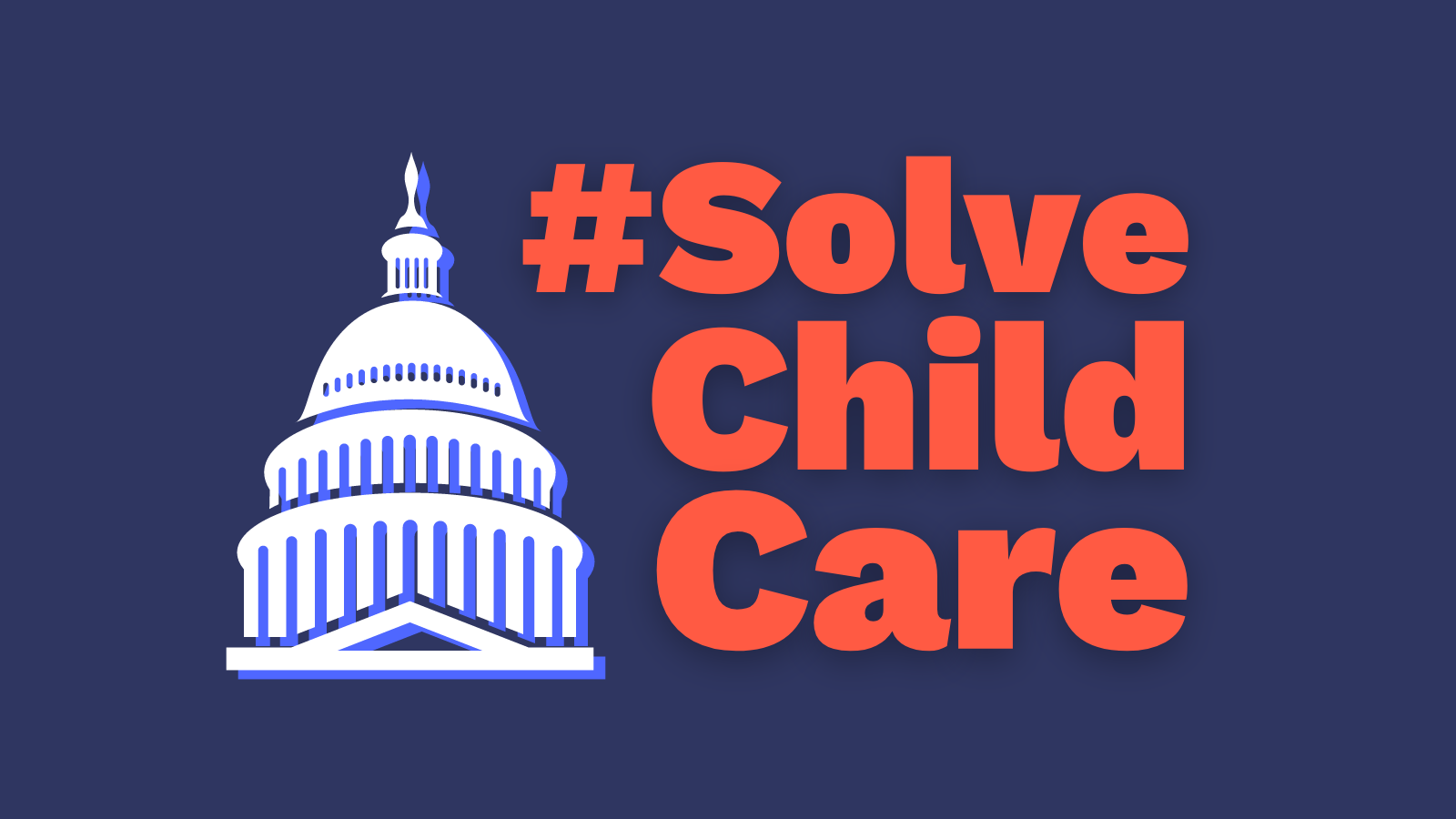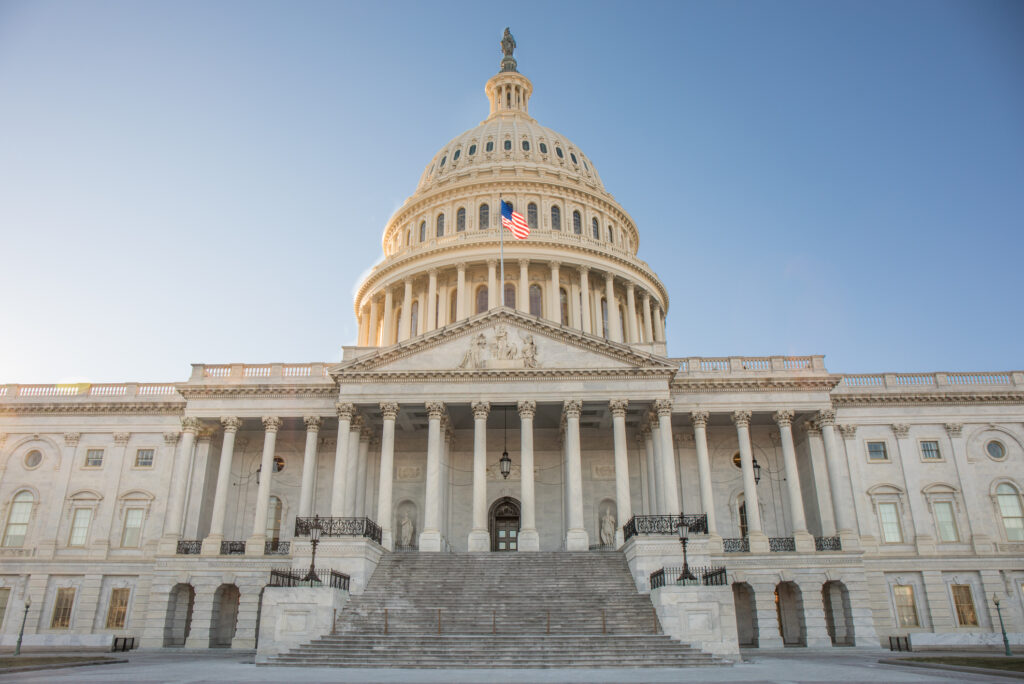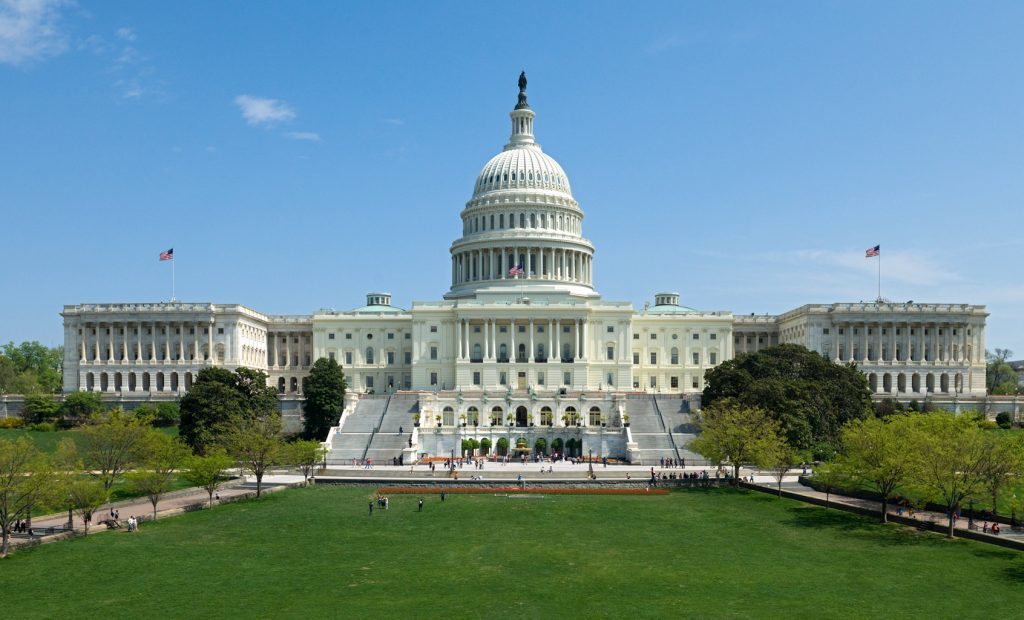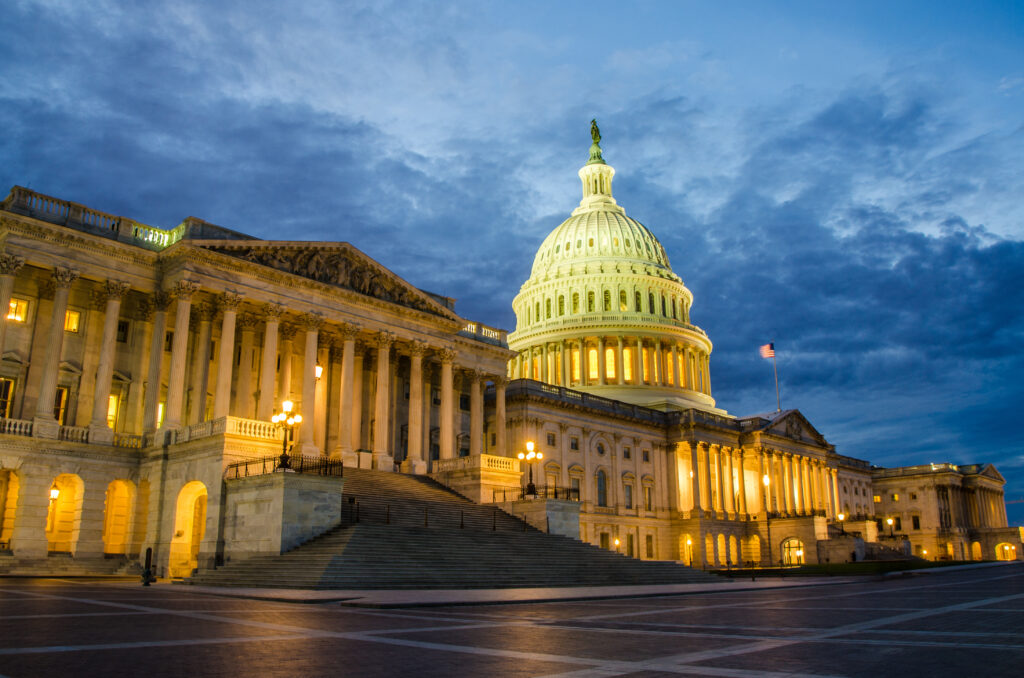Lawmakers Cannot Abandon Working Families and Their Promises to Solve Child Care Crisis

WASHINGTON – Women, working families, and America’s youngest learners are set to be cast aside entirely as Senate Democrats move forward with a budget reconciliation framework which has purged all funding for early learning and care, after months of assurances that lowering child care costs for working families was a top priority. Even with widespread acknowledgement from both sides of the aisle that bold action is needed from Congress to address the nation’s years-long and ever-worsening child care crisis, the framework excludes what had been, up until now, a central pillar of President Biden’s domestic policy agenda, leaving working families and child care providers to fend for themselves as the country’s child care market heads toward insolvency.
“It is unfathomable that Senate Democrats would give up on child care and accept a budget reconciliation package that abandons children and families – especially women,” said First Five Years Fund (FFYF) Executive Director Sarah Rittling. “An investment in America’s withering child care system would have an immediate and measurable impact on working families and our economy by increasing supply and drastically lowering monthly expenses, especially at a time when the country is struggling through the worst inflation in a generation. With an estimated one million women still missing from the labor force, lawmakers cannot renege on their ubiquitous promises over the past year to prioritize child care; they have an obligation to secure the much-needed investment in our early learning system. The crisis surrounding child care in this country does not go away after reconciliation negotiations end. In fact, continued inaction will only accelerate the demise of the child care market, forcing an avoidable economic crisis onto families and businesses. Child care has enjoyed bipartisan support for decades, and if Senate Democrats refuse to act on their promise to save the sector through reconciliation, then they must come together through any means possible to not only address a real-life crisis, but also provide the relief to families and providers that they prioritized up until now.”
A look at the facts behind the need for urgent, bold action on child care and early learning, including the upcoming funding cliff that may result in thousands of working parents losing their child care just days before the 2024 election:
- 15 million children under the age of six (66%) have all residential parents in the workforce, with roughly 11 million in non-parental care.
- Even before the pandemic, half of Americans lived in a child care desert with only one available child care spot for every three children in need of care.
- In half of all states, the average annual price of infant or toddler care in 2020 was over $15,000, with the average annual price in some states as high as $24,000. Nationwide, the average annual price for infant or toddler care was over $12,000.
- Meanwhile, the average hourly wage for a child care professional in a center is $12.24, or $25,460 annually.
- The federal financial relief program for child care providers that Congress passed last year runs out on September 30th, 2024– just 36 days before Election Day — resulting in an estimated $48 billion funding cliff that, if unaddressed, will have disastrous consequences on the supply of child care.
- Families will face even higher prices and longer wait lists.
- Child care providers who have been able to offer pay raises or bonuses to recruit or retain teachers will have to start making tough choices with less resources, risking a mass exodus of highly trained professionals leaving the field for better pay and benefits at places like Starbucks and Target.
- 92% of America’s child care providers who received this federal relief funding say these grants are what has kept their businesses open.
- 75% of providers say that the end of this funding will be devastating to their programs.
- Even with the relief provided by the child care stabilization program, two-thirds of child care providers are experiencing a staffing shortage that affects their ability to serve families; 52% of those with staffing shortages have been forced to serve fewer children while 37% have had a longer waiting list.
Voters Demand Child Care
- Polling shows that voters in key electoral states understand the urgent need and economic necessity of addressing the child care crisis quickly — and they expected their lawmakers to include child care in this funding package.
- 66% of likely voters said they would be unhappy with their member of Congress if they voted to approve a package that excludes child care. That includes 82% of Democrats, 53% of Republicans, and 66% of swing voters.
- Among voters in these states, support for lowering the cost of child care rivals or exceeds prescription drug prices and climate change for inclusion in the package.
- 77% say that child care and early learning programs are a good investment of taxpayers’ money. Even 65% of those who say federal spending is too high believe child care to be a good investment.
- 77% also agree that their community would benefit from child care being more available and affordable. That includes 85% of urban residents, 76% of suburban residents, and 75% of those in small town and rural areas.
- 73% agree that more available and affordable child care will help the economy recover from the pandemic by helping people get back to work.
Congress Must Act Now
- The child care crisis is real and felt in every community across the country. The budget reconciliation process offers Congress the biggest opportunity to address this crisis, avoid an unnecessary setback in 2024, and invest in child care solutions that help meet the needs of children, parents, child care providers, and our economy now and in the future.
- Congress must use any means necessary to make significant investments in child care to strengthen America’s early learning system and mitigate the impact of the expiration of relief funding.
- There is clear understanding among lawmakers that the success of our economy is inextricably linked with the success of our early learning sector. The only question is whether Congress will keep good on their promise to secure the level of sustained investment required to begin addressing this crisis.
Subscribe to FFYF First Look
Every morning, FFYF reports on the latest child care & early learning news from across the country. Subscribe and take 5 minutes to know what's happening in early childhood education.



